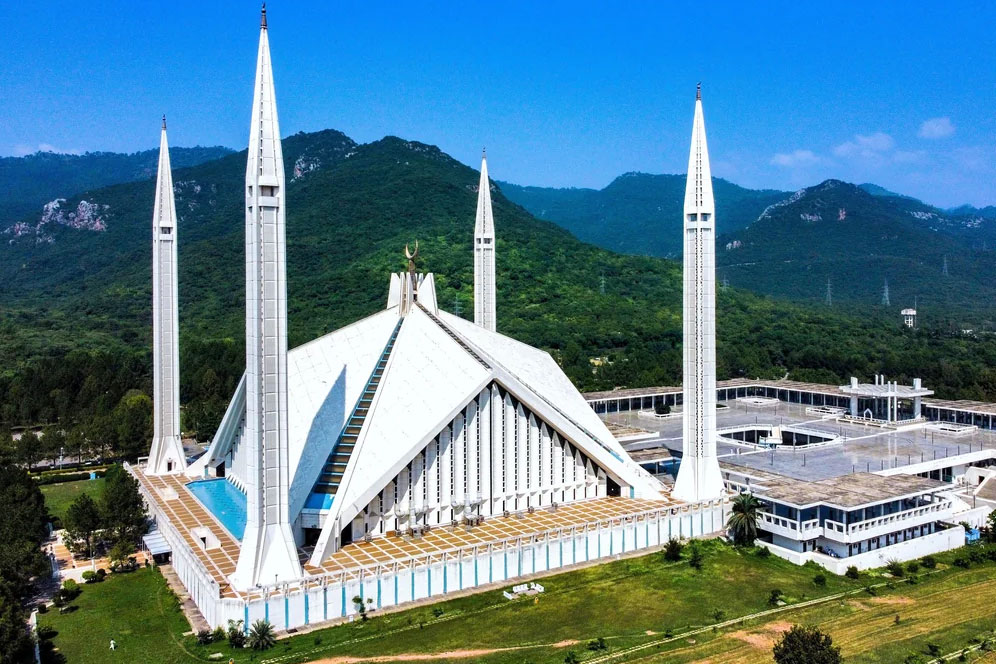Pakistan, a nation with a rich history and vibrant culture, is no stranger to the complexities of politics. From the intricacies of governance to the tug-of-war between competing interests, the country’s political landscape is as dynamic as it is diverse. In this blog post, we delve into some of the key political issues facing Pakistan today and explore the potential pathways forward.
- Democracy and Governance: Pakistan’s journey toward stable democracy has been marked by periods of progress and setbacks. While the country has experienced multiple transitions of power through democratic elections, the democratic process has often been marred by allegations of corruption, electoral fraud, and political instability. Strengthening democratic institutions, ensuring transparency and accountability, and fostering a culture of political participation are crucial steps toward building a more robust democracy in Pakistan.
- Security and Terrorism: Pakistan’s geopolitical location, bordering Afghanistan and India, has made it a key player in regional security dynamics. The country has faced significant challenges from terrorism and insurgency, particularly in its northwestern regions. Efforts to combat extremism, improve border security, and promote regional cooperation are essential for ensuring stability and peace within Pakistan and the broader South Asian region.
- Economic Development and Poverty Alleviation: Despite its potential for economic growth, Pakistan grapples with high levels of poverty, unemployment, and income inequality. Economic reforms aimed at stimulating growth, attracting foreign investment, and creating job opportunities are vital for addressing these socio-economic challenges. Additionally, initiatives focused on improving access to education, healthcare, and social welfare can help uplift marginalized communities and reduce poverty levels across the country.
- Ethnic and Religious Diversity: Pakistan is home to a diverse array of ethnicities, languages, and religious groups, each with its own distinct identity and cultural heritage. However, tensions and conflicts stemming from ethnic and religious differences persist, posing a threat to social cohesion and national unity. Promoting interfaith harmony, respecting minority rights, and fostering inclusive policies are essential for building a more cohesive and harmonious society in Pakistan.
- Water and Environmental Sustainability: Pakistan faces significant environmental challenges, including water scarcity, deforestation, and pollution. With the looming threat of climate change exacerbating these issues, urgent action is needed to safeguard the country’s natural resources and mitigate environmental degradation. Investing in sustainable water management, renewable energy projects, and conservation efforts can help Pakistan address its environmental challenges while promoting long-term sustainability.
While Pakistan’s political landscape is undoubtedly fraught with challenges, it is also brimming with opportunities for positive change and progress. By addressing these key issues head-on and embracing a spirit of collaboration and inclusivity, Pakistan can chart a course toward a brighter and more prosperous future for all its citizens.





